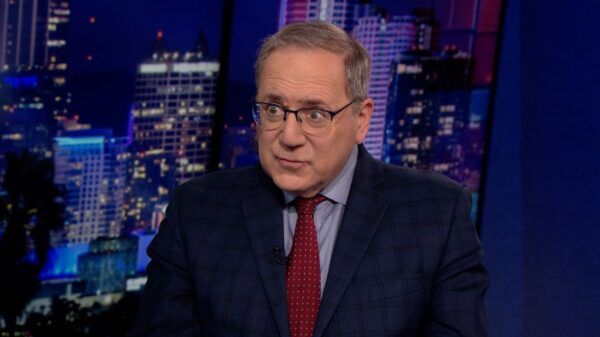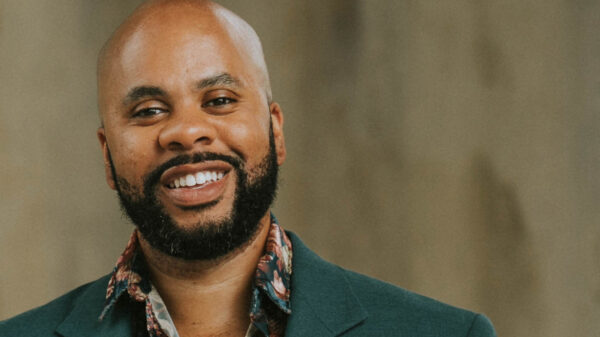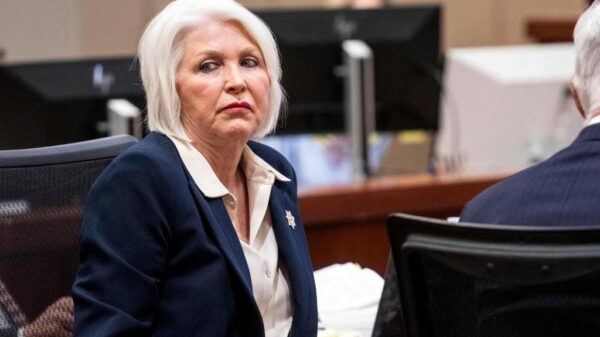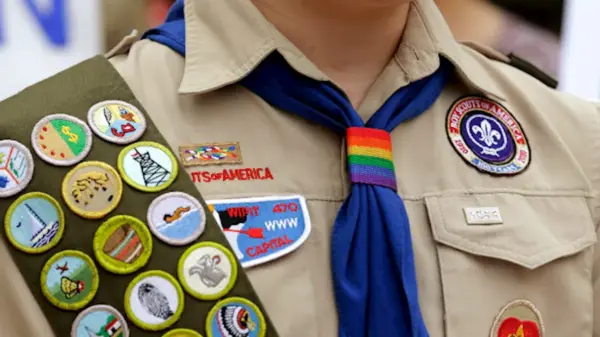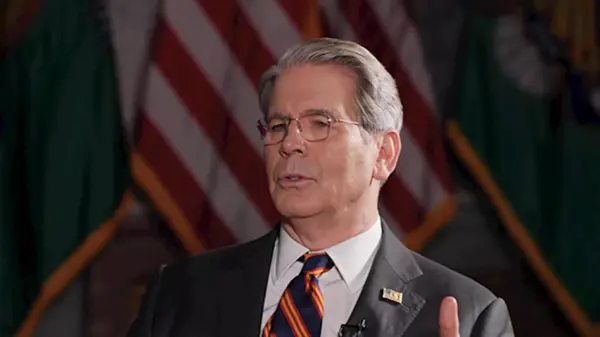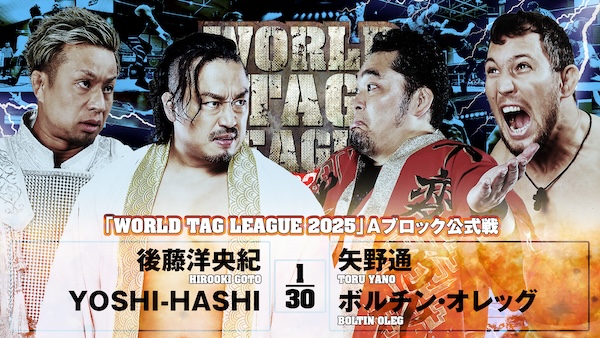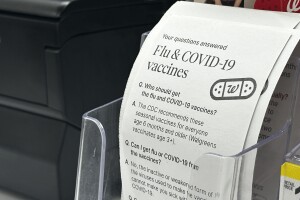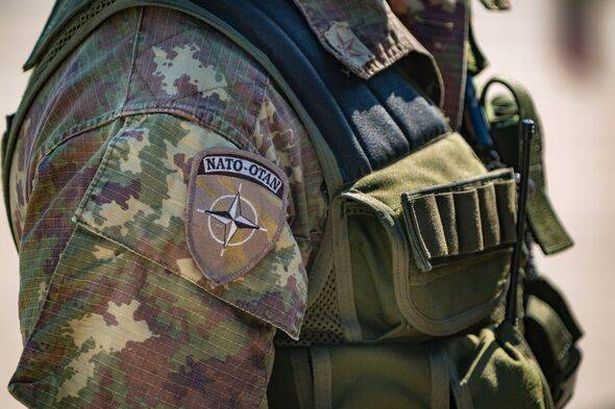NATO has introduced a new language manual advising its personnel to adopt gender-inclusive terms, sparking considerable debate. The manual suggests replacing traditional terms like “airmen” with alternatives such as “air force personnel,” “pilots,” or “air corps.” The guidance emphasizes that gender-specific language is outdated and may alienate women and minorities, thus calling for a shift towards more inclusive terminology.
The NATO manual encourages staff to “challenge unconscious bias” and to recognize the impact of language on behaviors and attitudes. It asserts that adopting gender-inclusive language is becoming “the new norm” and includes techniques to avoid the generic masculine form. This initiative follows a pattern of recent military activity, as NATO jets intercepted Russian planes over the Baltic states, highlighting the organization’s ongoing strategic focus in the region.
According to the Sunday Telegraph, the new guidelines extend beyond military terminology. Terms like “serviceman” and “guardsman” are now recommended to be replaced with “service member” and “guard.” The term “manning” is updated to “staffing,” reflecting a broader aim to modernize language across both military and civilian roles. For instance, “chairperson” is replaced with “chair,” and “waiter” or “waitress” with “server.”
Despite NATO’s intentions, the guidance has attracted criticism. Sir John Hayes, chairman of the Common Sense group of Members of Parliament, described the move as a “farce.” He argued that NATO’s primary mission should be the defense of its member states, rather than promoting changes in language. Hayes stated, “Their job is to defend countries, not promote distortion of language,” further criticizing alliance officials for what he perceives as an unnecessary focus on language reform.
The manual does acknowledge that certain military ranks, particularly in the navy and air force, remain gender-specific, such as “Ordinary Seaman” and “Able Seaman.” Yet, it suggests that gender-inclusive alternatives may be employed in broader contexts. However, it stipulates that rank titles themselves will not be altered.
NATO’s guidelines also encourage the use of appropriate titles and pronouns when referring to transgender individuals, signaling an effort to foster an inclusive environment within the organization. The recommendations extend to eliminating terms like “manpower” entirely, reflecting an awareness of contemporary societal expectations regarding language.
Supporters of the initiative argue that modernizing language is essential for inclusivity and representation, especially in institutions like NATO that play pivotal roles in international defense. Yet, the backlash from critics underscores a tension between tradition and progress, raising questions about the balance of language use in military contexts.
As NATO navigates these changes, the organization faces the dual challenge of maintaining its core mission while adapting to evolving societal norms. The debate surrounding its language manual highlights broader discussions on gender inclusivity and the role of language in shaping attitudes and behaviors in military and civilian spheres.



